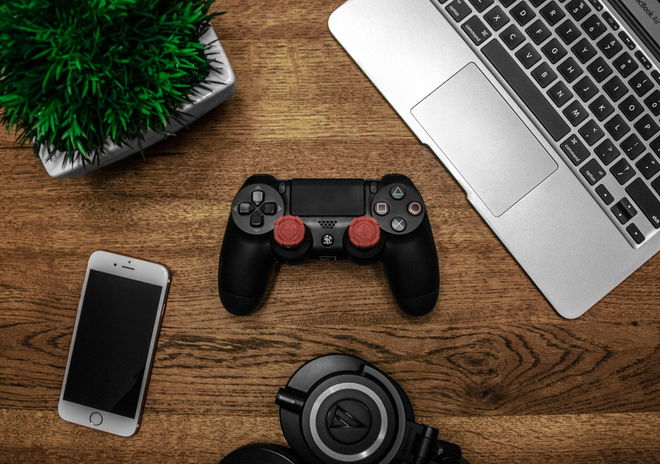In a world of one-click checkouts and next-day delivery, patience is no longer a virtue—it's an inconvenience. Online platforms have transformed how we shop, reducing the time between wanting something and having it. But behind this new digital reality lies a fascinating psychological shift. Instant gratification, once a luxury, has become a norm—rewiring the way we think about value, rewards, and even relationships.
How the Digital Era Trains Our Brain
Neuroscience tells us that every time we fulfill a desire—big or small—our brain releases dopamine, the chemical associated with pleasure. The faster that gratification comes, the more reinforced the behavior becomes. In the context of online shopping, that could mean anything from a new video game download to a surprise digital gift sent to a friend.
That's why getting something like the Amazon eGift card feels especially satisfying. They not only remove the friction from gift-giving but also feed into the "now" culture—allowing recipients to shop instantly without delays or complications.
One-Click Culture and Expectation Shifts
What used to be reserved for birthdays or holidays is now a spontaneous tap away. Want to cheer up a friend? Send them a quick eGift. Forgot a special date? No problem—digital gifting has your back in under a minute. This shift is not just about speed but also about expectation. Consumers are being conditioned to expect instant solutions, whether it’s entertainment, groceries, or emotional connection.
More than convenience, these habits reveal how digital gratification is shaping our behavior. The faster we get what we want, the less tolerant we become of delays—online or offline.
The Hidden Cost of Always Getting What You Want
But there’s another side to this instant culture. Constant, immediate rewards can reduce our ability to delay gratification, which is a crucial life skill. Studies have shown that people who can wait for a larger reward often make better long-term decisions. Yet the convenience of digital marketplaces tempts us to opt for now over later, again and again.
This isn’t a critique of the platforms themselves but a reflection of how human psychology adapts. Even when gifting, the choice of fast, digital options often feels more considerate because it offers both freedom and immediacy to the receiver.
Why Digital Gifting Hits Different
Unlike traditional gifts, eGift cards feel more aligned with how people consume today. They’re flexible, can be used instantly, and don’t require the giver to guess someone’s preferences. For example, an Amazon eGift card doesn't just offer a product—it gives the experience of choice, which carries emotional value. It satisfies the reward centers in our brains, not only when it’s received but again when it’s spent.
Marketplaces and the Demand for Instant Options
Digital marketplaces such as Eneba understand this shift well. As online platforms continue to expand, their focus often goes beyond mere product listings—they tap into the psychology of immediacy, offering digital goods that cater to this evolving consumer mindset.
In this landscape, it’s not just about what people buy, but how quickly and flexibly they can access what they need. Whether it’s gaming content, subscriptions, or eMoney products, the method of delivery has become just as important as the product itself.
Rethinking Value in 2025
In today’s digital economy, speed and accessibility are more than just features—they're emotional triggers. The gratification we get from rapid delivery, instant downloads, and flexible digital gifts speaks to deeper behavioral patterns that are here to stay.
As consumers, recognizing the psychology behind our shopping habits can help us make more conscious decisions. And as digital eGift cards continue to be a part of our shopping habits, they’ll remain a staple in how we share, spend, and connect—with immediacy at the heart of it all.

